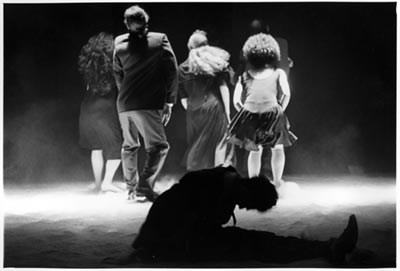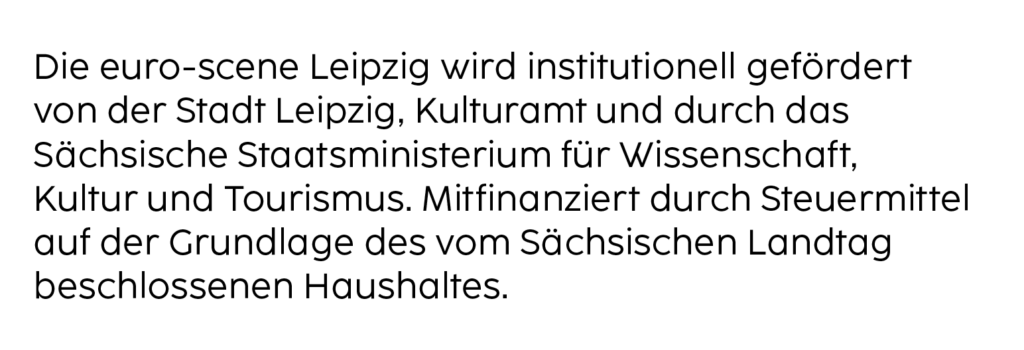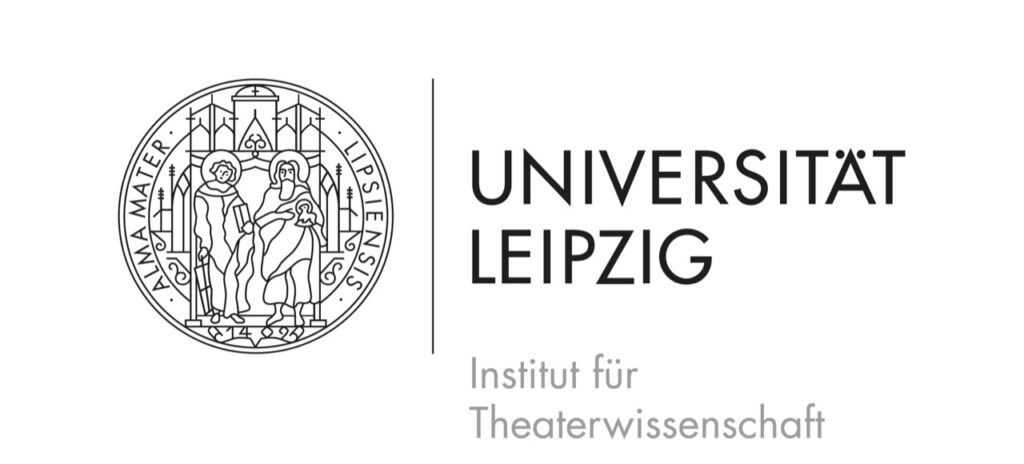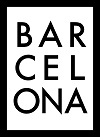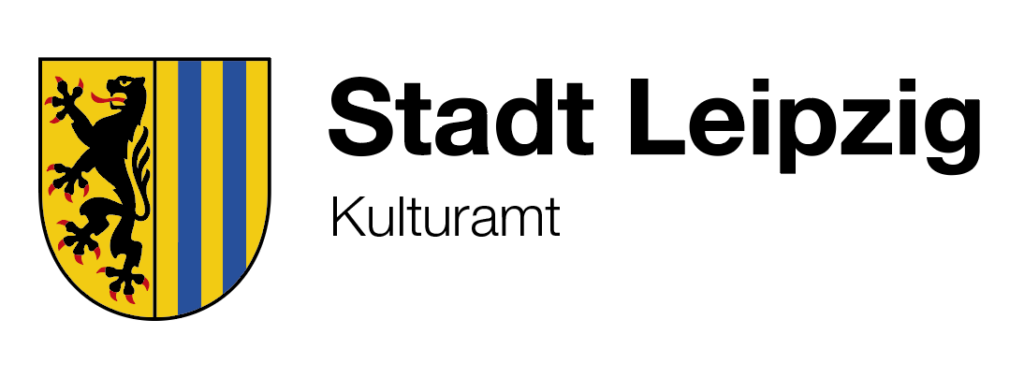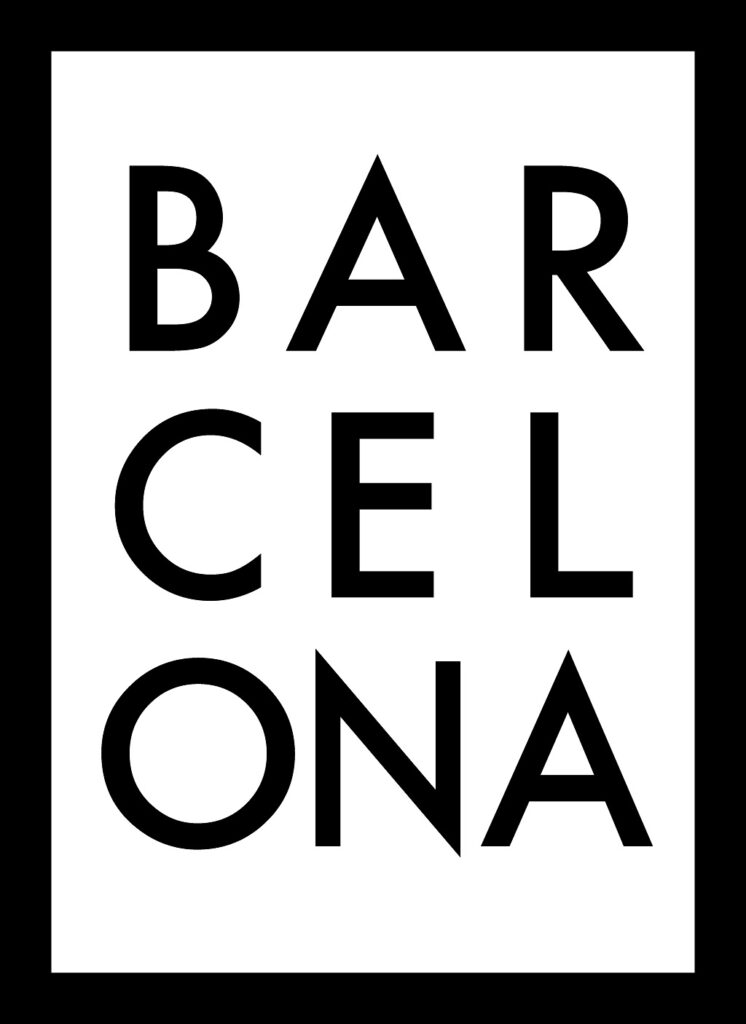Sanguis
Folkwang-Tanzstudio, Essen
Sunday 22 Nov. // 07:00 p.m.
Schauspielhaus
Johann Sebastian Bach’s thundering organ music breaks, the existing silence. Sand gushes. In a sharply defined cross of white light grow the movements of women and men to a nightmarish rage. Then, suddenly, dead silence.
»Sanguis« is Latin and stands for »blood«. As far as the choreographer is concerned, it stands for »life itself«.
A man wearing a shirt is dressed by a woman. First she pulls on the stockings, then the trousers, and finally the tie. Suddenly the man collapses. Falling backwards to the floor he contorts and twists on the floor. Near him, reflected by the light, kneel two women heaping and sand in little piles. Contention and sullenness appear to tear the twisting man’s body apart until it relaxes in the fetal position.
The choreography fully exploits the enigmatic symbolism of gestures and arrangements. Tenderness becomes a bogus gesture of embarassment and peaks as malice. Just as the harsh facts of life mingle with the hues of the human soul, so change the expressions of dance artistry. Its carousel of jokes and melancholy has many variations; the serious consecration play, society’s satire, the psycho drama, the witty comedy.
The troupe plays brilliantly together. The changes from group dances to solo and duo scenes allow the dance characters to retain their individual spaces and with them to develop their powerful originality and technical ability. The troupe’s ethnic differences create an additional stimulation.
The Folkwang Tanzstudio grew out of the Essen Folkwang School’s dance theatre which was started in 1928 by Kurt Joos. It was here, where realism of theme and of sharp-edged movement language was first developed. The studio’s artistic director Pina Bausch carries that tradition into the present.
Die Musik wird eingespielt.
»›Sanguis’‹ established the young Swiss graduate of the FoIkwang School Urs Dietrich’s claim as the great hope of contemporary dance in Germany« (Westdeutsche Allgemeine Zeitung, Essen, 19.02.1991).
Choreografie und Ausstattung: Urs Dietrich
Musik: Johann Sebastian Bach – Toccata d-moll, David Bowie – Unwashed and some what slightly dazed
Musikalische Bearbeitung: Tonstudio Brinker
Lichtgestaltung: Wilfried Kresiment
Tänzer: Regina Advento, Rainer Behr, Daniel Condamines, Daniel Goldin, Nayoung Kim, Daphnis Kokkinos, Amaya Lubeigt, Cristina Numa, Jordi Puigdefabregas, Enrica Salvatori, Rodolfo Seas Araya, Yudistira Syuman, Diana Szeinblum
